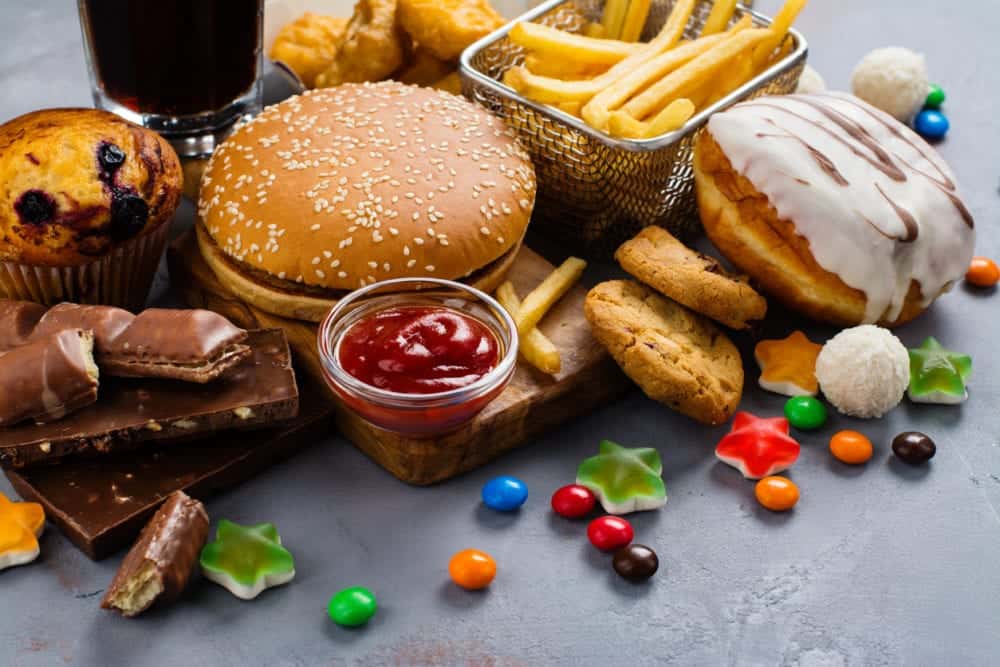According to scientists and medics led by David Ludwig, an endocrinologist at Boston Children’s Hospital and Harvard Medical School, gluttony is not really the problem.
Instead the culprit is “modern dietary patterns characterised by excessive consumption of foods with a high glycemic load: in particular, processed, rapidly digestible carbohydrates”.
Food and drink with a high glycemic load typically includes sweetened drinks, French fries, white pasta and rice, baked potatoes and breakfast cereal flakes.
“These foods cause hormonal responses that fundamentally change our metabolism, driving fat storage, weight gain, and obesity,” they said, writing in The American Journal of Clinical Nutrition, an OUP publication.
“To understand the obesity epidemic, we need to consider not only how much we’re eating, but also how the foods we eat affect our hormones and metabolism,” the team said, while acknowledging that it is easy for people to overeat and that “today’s sedentary lifestyles” can contribute to weight gain.
According to the US government’s Centers for Disease Control and Prevention (CDC), obesity affects more than 40 per cent of the country’s adults, which, the researchers said, means they are “at higher risk for heart disease, stroke, type 2 diabetes, and certain types of cancer”.
Such so-called non-communicable diseases (NCDs) have left sufferers vulnerable to Covid-19 and far more likely to get sick or die than otherwise healthy people.
Coronavirus “has been catastrophic for people living with NCDs”, said Katie Dain, CEO of the NCD Alliance, which last week published a report calling for NCDs to be taken more seriously in the wake of the pandemic.







